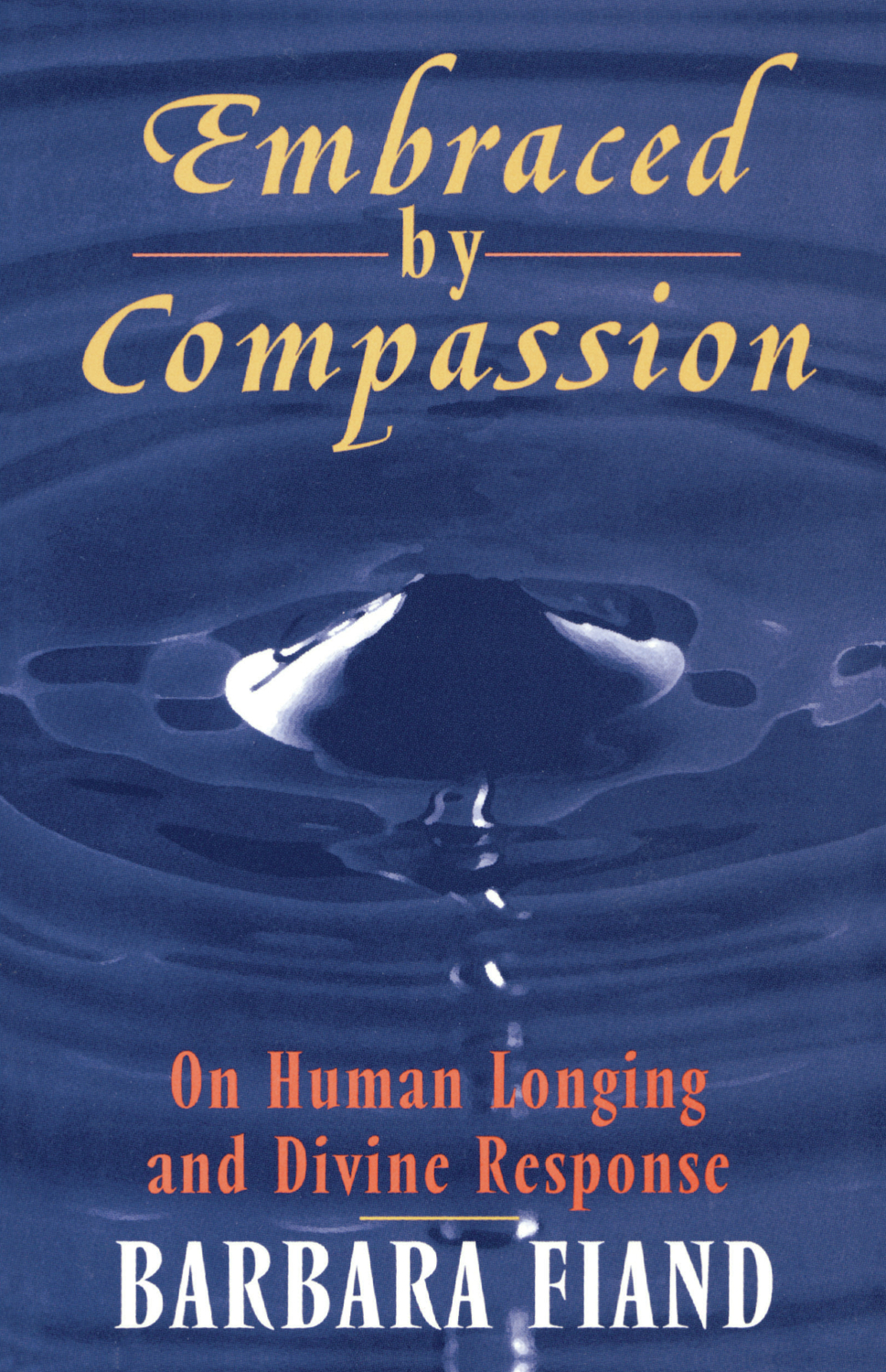- Title: Embraced By Compassion
- Subtitle: On Human Longing and Divine Response
- Page Count: 144
- Available Formats: Trade-paper (9780824513825)
- Edition: Trade Paper
- Original language: English
- Retail US: Trade-paper (14.95)
- Retail Canada: Trade-paper (15.95)
- Retail Canada: 15.95

